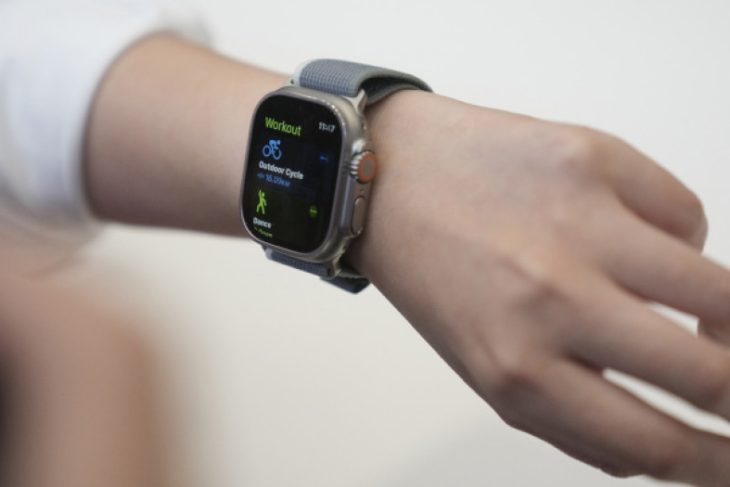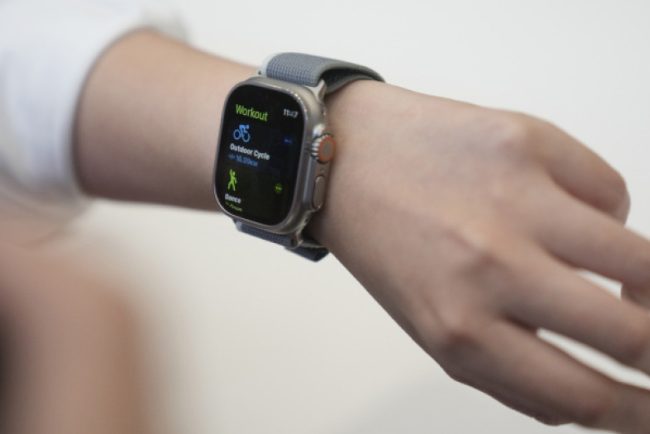
Former Greek economy minister Yanis Varoufakis thinks capitalization is in decline and claims it is already dead. According to Varoufakis, we have returned to feudalism. Not the kind of feudalism left behind by the Industrial Revolution and the rise of the middle class, but a new form: “techno-feudalism”.
Feudalism is a system characterized by a hierarchical structure of land ownership and obligations, where lords granted land to vassals in exchange for military service and other duties.
According to him, now the masters are the owners of the big technology, and the users are the vassals. Vassals surrender their data in exchange for their service.
This is the death of capitalism that Varoufakis describes in his new book, Technofeudalism: What Killed Capitalism.
“My assessment, and this is a controversial hypothesis, is that capitalism has already ended,” Varoufakis asserts.
Varoufakis points to online retail giant Amazon as an example of a gentleman: he says it may look like a market, but it functions more like “a manor belonging to a man whose accumulation of wealth is based on a form of lease”.
He adds: “Every time you buy something on Amazon, 30-40% of the price goes to Mr. (Jeff) Bezos, not the market.”
Greece’s former Economy Minister is not optimistic about ‘techno-feudalism’. He believes it won’t end well.
“The exponential concentration of income in the hands of people who produce nothing but the right and opportunity to extract income from others, while the world is headed for disaster. Our technologies are a force for good and evil. And if the evil prevails, it’s our fault,” says Varoufakis, who maintains that technology is only a tool.

He sees two solutions and they are not technological, but sociopolitical. One is to end free services to break the tyranny of big tech.
“So if you’re an app, you get paid directly by the person using the app, not indirectly through advertising.”
The second is changing corporate law to make companies more democratic. He envisions a scenario where every employee at a company, especially large ones, would have a share that cannot be traded, similar to a library card given to a student. This share would not represent equality in terms of money, but would give each employee a vote in company decisions. The idea is that those who contribute significantly to the company’s success can receive more financial rewards.
👁️[WPPV-TOTAL-VIEWS]


















